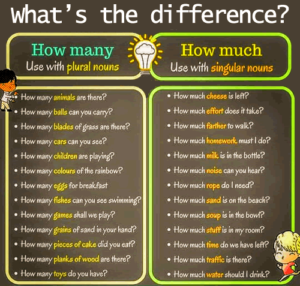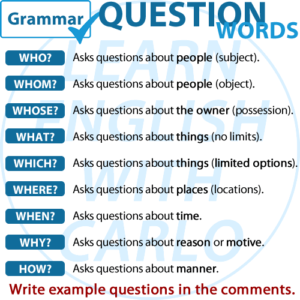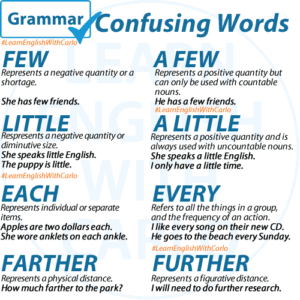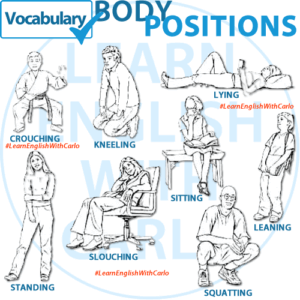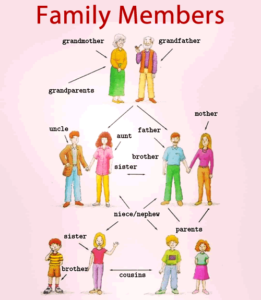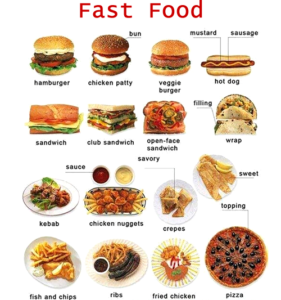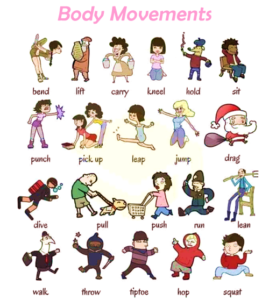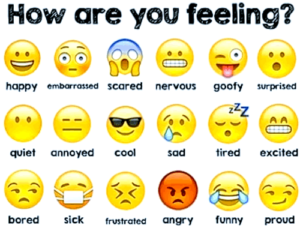When we want to know the quantity or amount of something, we use HOW MUCH or HOW MANY. Key Differences: Remembering this distinction will help you use “how much” and “how many” correctly in questions and statements based on whether the noun is countable or uncountable. If you have any questions or doubts, please ask …
Category: QUICK TIP
Permanent link to this article: https://englishyourway.com.br/difference-between-how-much-and-how-many/
Oct 29
GRAMMAR – Interrogative Pronouns (question words)
An Interrogative Pronoun (question word) is a word we use in an information question (as opposed to a yes/no questions). The most common question words in English are: WHO is only used when referring to people, when we want to know the person. WHERE is used when asking about a place or location, when we want to know the …
Permanent link to this article: https://englishyourway.com.br/grammar-interrogative-pronouns-question-words/
Permanent link to this article: https://englishyourway.com.br/grammar-adjectives-that-quantify/
Aug 18
Ways to IMPROVE YOUR ENGLISH
A lot of my students ask me for tips on ways they can improve their English outside the classroom. Here are a few that Ilike to pass along. Listen to songs in English and try to identify and understand the words and the meaning. Watch TV series, movies and the news. Use English subtitles if …
Permanent link to this article: https://englishyourway.com.br/ways-to-improve-your-english/
May 12
VOCABULARY – Body Positions
We place our bodies in different positions depending on what we are doing. Do you know the names of the different positions? One of my INSTAGRAM followers asked to use each one in a sentence, so here you go: Can you think of any other positions? If you have any questions or doubts, please ask …
Permanent link to this article: https://englishyourway.com.br/body-positions-vocabulary/
Mar 21
WHY LEARN ENGLISH?
Here are 10 reasons why someone should learn English: Summary: Learning English opens doors to global communication, career growth, and educational opportunities. It makes travel easier, provides access to vast knowledge, and allows you to enjoy entertainment in its original form. English is essential in technology, networking, and cultural understanding, while also sharpening cognitive skills. …
Permanent link to this article: https://englishyourway.com.br/why-learn-english/
Sep 25
VOCABULARY – Family Members
Permanent link to this article: https://englishyourway.com.br/vocabulary-family-members/
Sep 24
VOCABULARY – Fast Food
Popular Fast Food Dishes In addition to burgers and fries, fast food offers a variety of dishes depending on where you are in the world. Some popular fast food items include: Fast Food Vocabulary in Context Here are some common phrases you might hear when ordering fast food: Healthier Fast Food Options Fast food doesn’t …
Permanent link to this article: https://englishyourway.com.br/vocabulary-fast-food/
Aug 22
VOCABULARY – Body Movements
Permanent link to this article: https://englishyourway.com.br/vocabulary-body-movements/
Aug 04
VOCABULARY – Emojis
If you use social media at all, you should be very familiar with emojis – those cute little digital images or icons used to express an idea, emotion, etc. Here are a few of the emotions that they represent: happy embarrassed scared nervous goofy surpised quiet annoyed cool sad tired excited bored sick frustrated angry funny …
Permanent link to this article: https://englishyourway.com.br/vocabulary-emojis/

